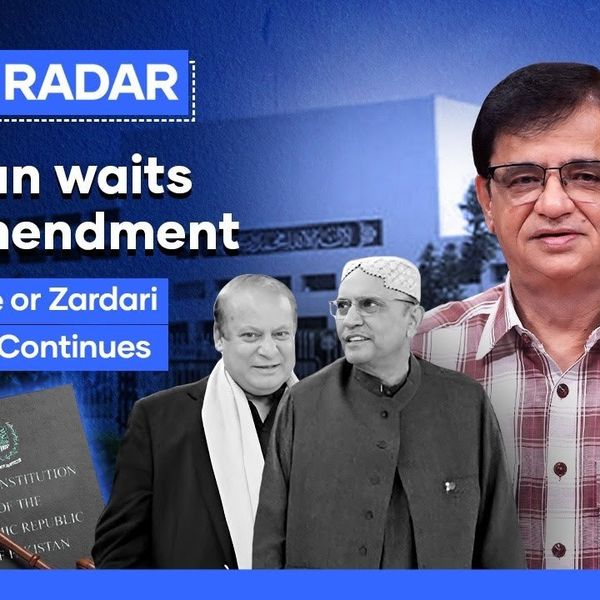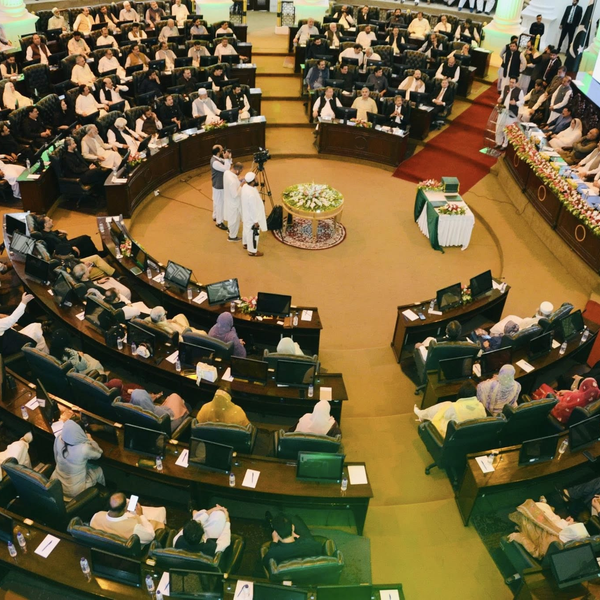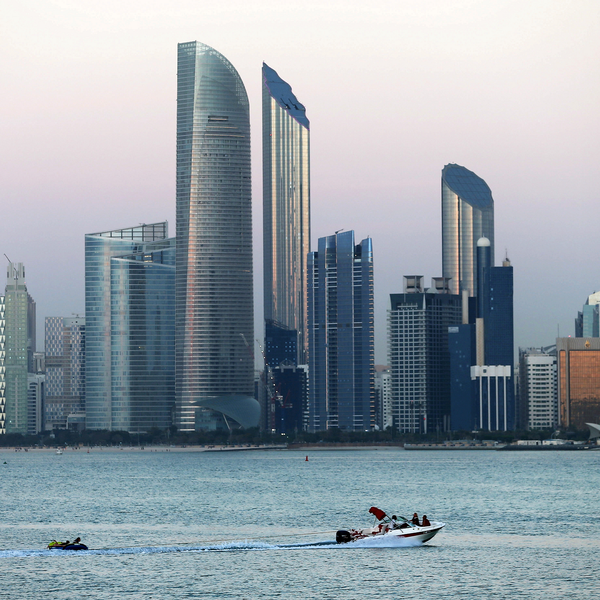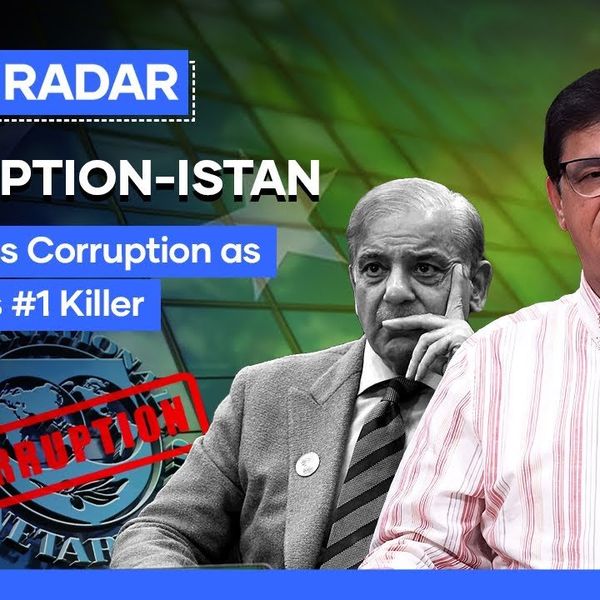Pakistan keeps Afghan trade suspended but says diplomatic channels remain open
Pakistan says trade and border curbs will stay until the Taliban stop cross-border attacks

Aamir Abbasi
Editor, Islamabad
Aamir; a journalist with 15 years of experience, working in Newspaper, TV and Digital Media. Worked in Field, covered Big Legal Constitutional and Political Events in Pakistan since 2009 with Pakistan’s Top Media Organizations. Graduate of Quaid I Azam University Islamabad.

Foreign Office spokesperson Tahir Andrabi briefs the media.
Screengrab/File
Pakistan has accused the Taliban authorities in Kabul of continuing to allow Afghan soil to be used for militant attacks inside its territory, warning that border restrictions and a suspension of bilateral trade will remain in place until action is taken against armed groups operating from across the frontier.
At a weekly press briefing on Friday, Foreign Office spokesperson Tahir Hussain Andrabi said Islamabad had repeatedly conveyed its concerns to the Afghan authorities.
“Pakistan has suspended trade with Afghanistan because Afghan soil is being used for terrorism against us,” he said, adding that Afghan nationals were involved in attacks launched from within Afghanistan.
In the latest episode of diplomatic unease between the neighbors, Andrabi reiterated that Pakistan expects the Taliban to prevent individuals and groups based in Afghanistan from staging cross-border assaults. Trade and border restrictions, he said, would not be lifted until Kabul demonstrates compliance.
Despite the tensions, he stressed that both countries’ embassies remain open and that diplomatic channels continue to function.
Andrabi also provided updates on Deputy Prime Minister and Foreign Minister Ishaq Dar’s diplomatic engagements. Dar is currently visiting the European Union, where he attended the 4th EU Indo-Pacific Forum and held meetings with senior EU officials.
He also met Hungary’s foreign minister, signing a memorandum of understanding to expand scholarship opportunities for Pakistani students, along with separate meetings with the foreign ministers of Denmark, Slovenia and the Netherlands.
Prior to his trip to Europe, Dar visited Moscow from November 17-18 to attend the SCO Heads of Government Meeting, where he held discussions on Afghanistan and regional cooperation with the Russian President, Prime Minister and Foreign Minister. The SCO later issued a joint communiqué on economic cooperation.
Turning to regional conflicts, Andrabi strongly condemned Israeli actions in the occupied West Bank and the desecration of Al-Aqsa Mosque.
On India, he noted that arrests had been made in connection with the Red Fort bombings, with most detainees from Indian-administered Kashmir. He accused New Delhi of continuing efforts to alter the region’s demographic composition, urging the UN and international human rights bodies to take notice.
Responding to questions, Andrabi described the death sentence awarded to Hasina Wajid as an internal matter for Bangladesh, to be dealt with under its constitution and laws.
He welcomed remarks by the Turkish President supporting a mediation initiative between Pakistan and Afghanistan. The visit of a Turkish mediation delegation has been delayed due to foreign travel by Turkey’s vice president, he said, adding that several countries back the mediation effort.
Asked about US President Joe Biden’s recent warning to India against escalating tensions with Pakistan, Andrabi said Islamabad considers the statement credible. He noted that a recent US Congress report on Pakistan was a research document based on publicly available information.
Andrabi added that Pakistan values the US President’s role and highlighted Pakistan’s vote in favor of the American-sponsored Gaza resolution at the UN. China, he noted, abstained from the vote but outlined a position that aligns with Pakistan’s stance on key issues.










Comments
See what people are discussing